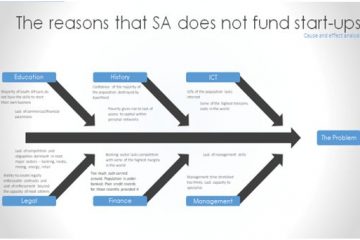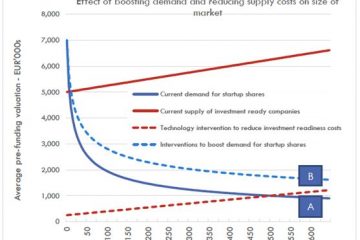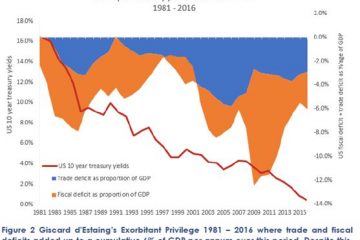The Social Impact Of The Venture Capital Industry’s Failure In South Africa
South Africa has a chronic unemployment problem with 36% of its adult population looking for work. Like with the rest of the developing world, this is skewed towards youth unemployment and women – over 70% of rural African women under the age of 35 are either long-term discouraged or unemployed actively seeking work.
There are many reasons that South Africa does not fund start-ups. Firstly, the problems South Africa faces are common throughout the developing world. Secondly its unique history has had a devastating effect on education, confidence and access to entrepreneurial networks.
South Africa needs jobs to alleviate its poverty, and it is universally accepted that the private not the public sector needs to create them. In the latest Quarterly Labour Force Survey issued by Statistics South Africa, there are 37 million adults in the country and 12 million of them are unemployed – that is 36% of the work force and one of the highest unemployment rates in the developing world.
There are entrepreneurs in South Africa – 2.5 million of them according to the Global Entrepreneurship Monitor19. But few of these create jobs, they are what are called necessity entrepreneurs. The kind of entrepreneurs who create the jobs quoted above are High Expectation Entrepreneurs, which the Global Entrepreneurship Monitor defines as a person who intends to employ more than 20 people in five years’ time. In fact, these comprise fewer than 2% of the South African entrepreneur population and yet they created 27% of all net jobs in the South African economy last year. A study in Tanzania suggested similar proportions.
So, if policy intervention was needed, the first question to ask would be: How is South Africa doing in supporting these all important high expectation entrepreneurs? The best indicator of support, lies in start-up funding. Of those 50,000 high expectation entrepreneurs who created 25% of net new jobs in South Africa between them, only 44 of these companies or 0.1% of the High Expectation Entrepreneur population received funding in 2016.




0 Comments